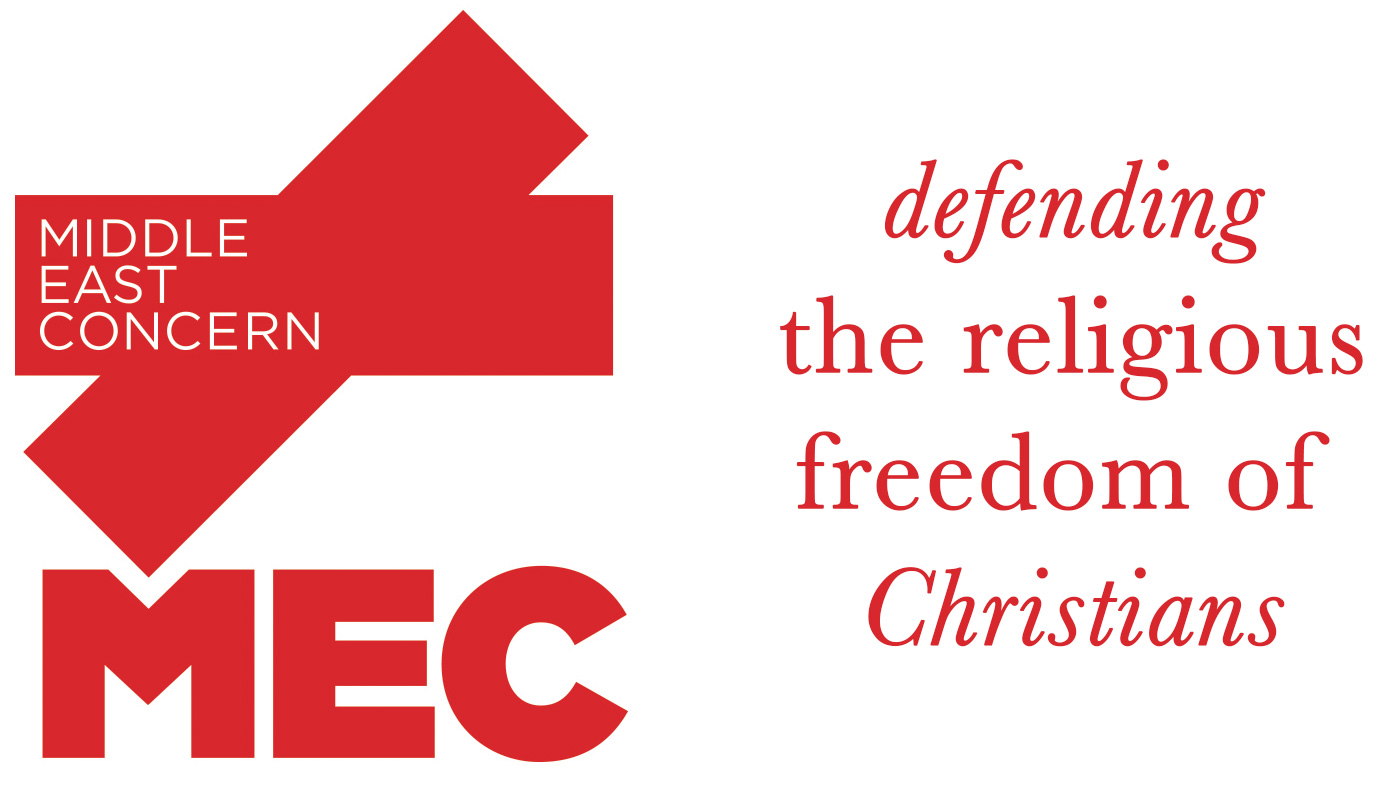
Israel’s population of nearly 10 million is approximately 73 per cent Jewish, 21 per cent Arab (including Druze and Armenians) and six per cent are classified as “others”. This diverse group comprises those with Jewish ancestry not recognized as Jewish by religious law, non-Jewish family members of Jewish immigrants, Christians other than Arabs and Armenians, and residents without a distinct ethnic or religious categorization. Within the majority Jewish population there is a growing Messianic Jewish community, estimated to number approximately 15,000[1]. Within the wider Christian communities, a large number of churches are officially registered, including Catholic (Roman, Armenian, Syrian, Chaldean and Greek Catholic, and Maronite), Eastern Orthodox (Greek and Syrian Orthodox), Oriental Orthodox (Armenian Apostolic) and Protestant (Anglican) traditions. Non-recognised churches may operate but cannot establish personal status courts. The Ethiopian Orthodox, Coptic Orthodox and Lutheran churches, together with the Convention of Evangelical Churches in Israel, have outstanding applications for full recognition.
The Nation State Law passed by the Knesset in 2018 specifies the State of Israel to be the national home of the Jewish people and Hebrew to be the official language. This has been criticized by civil rights groups for neglecting to recognise the equality of non-Jews. However, the 1992 Basic Law on Human Dignity and Liberty has consistently been interpreted as protecting freedom of religious practice. Recognised religious communities are authorised to operate courts covering personal status matters and may alternatively seek adjudication on some matters within the civil courts. Although proselytising is not illegal, it is a legal offence to offer inducements to conversion and to seek to convert a minor to a religion not held by either of the minor’s parents.
Israel ratified the International Covenant on Civil and Political Rights (ICCPR) on 3 October 1991. The ICCPR upholds the right to freedom of religion, including the right to hold a religion of one’s choice and the right to manifest that religion (Article 18). It also upholds the rights of minorities and the principle of non-discrimination. In ratifying the ICCPR, Israel reserved the right to apply religious laws for personal status matters.
Messianic believers have at times faced social prejudice and harassment and several Messianic congregations have faced legal battles with local authorities seeking to close them down through zoning restrictions. Jewish people seeking to enter Israel under the Law of Return (Aliyah) often claim they have faced obstruction or discrimination if their Messianic beliefs have become known to the authorities. Within Arab Muslim communities, there is strong family and societal pressure against those who choose to leave Islam. In extreme cases those who leave Islam can face violent responses from family members. Recognised Christian communities have also faced societal pressure, including at the hands of ultra-Orthodox groups or radical Israeli settlers who have perpetrated campaigns of vandalism against church buildings and harassment of clergy, by cursing and spitting on them. There are several property disputes in the Old City of Jerusalem where Jewish contractors have sought to gain control over assets belonging to the Christian communities and alter the status quo.
[1] https://www.caspari.com/2022/02/07/the-caspari-center-survey-released-the-israeli-messianic-movement-has-more-than-tripled-in-the-last-20-years/
